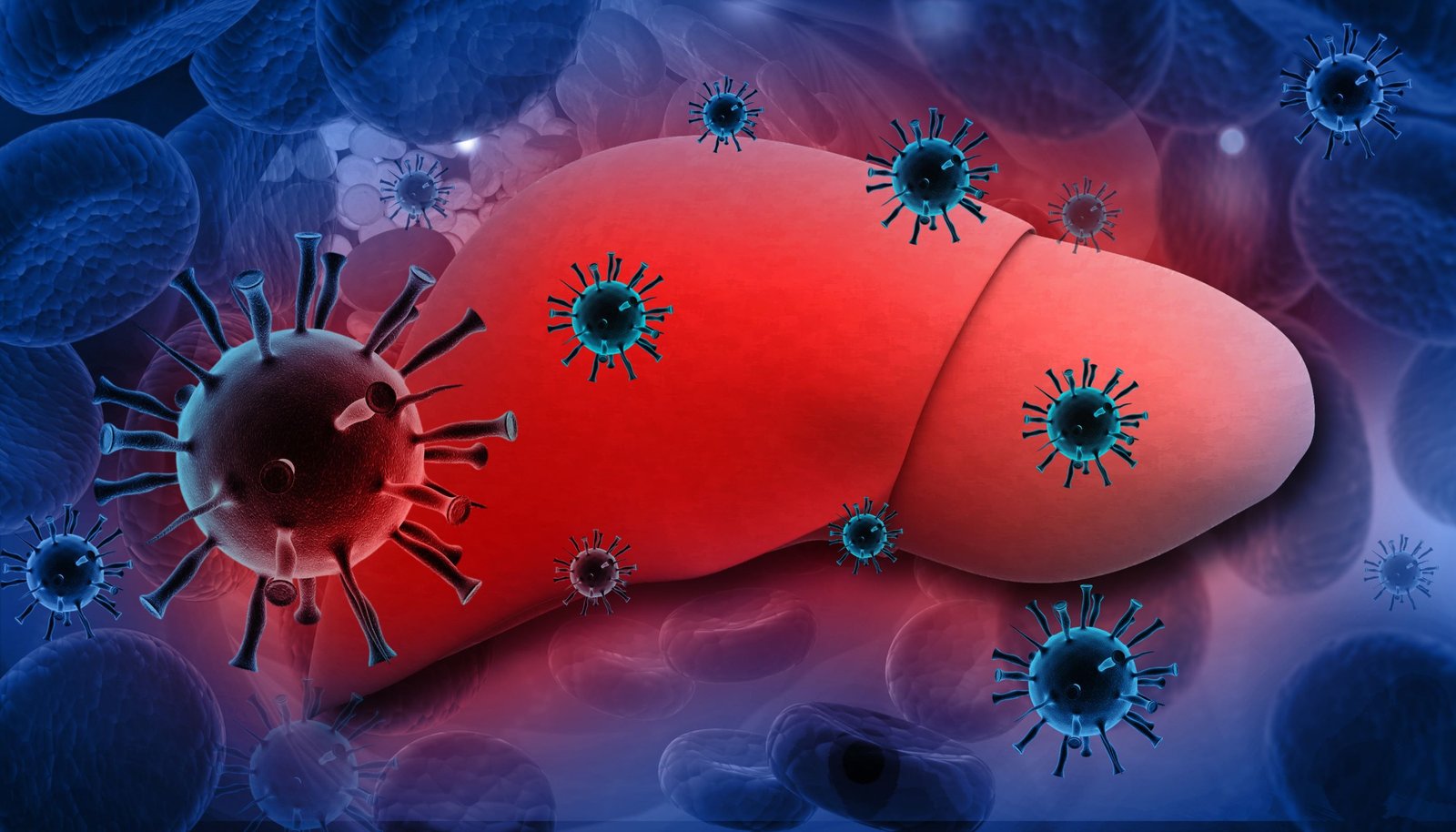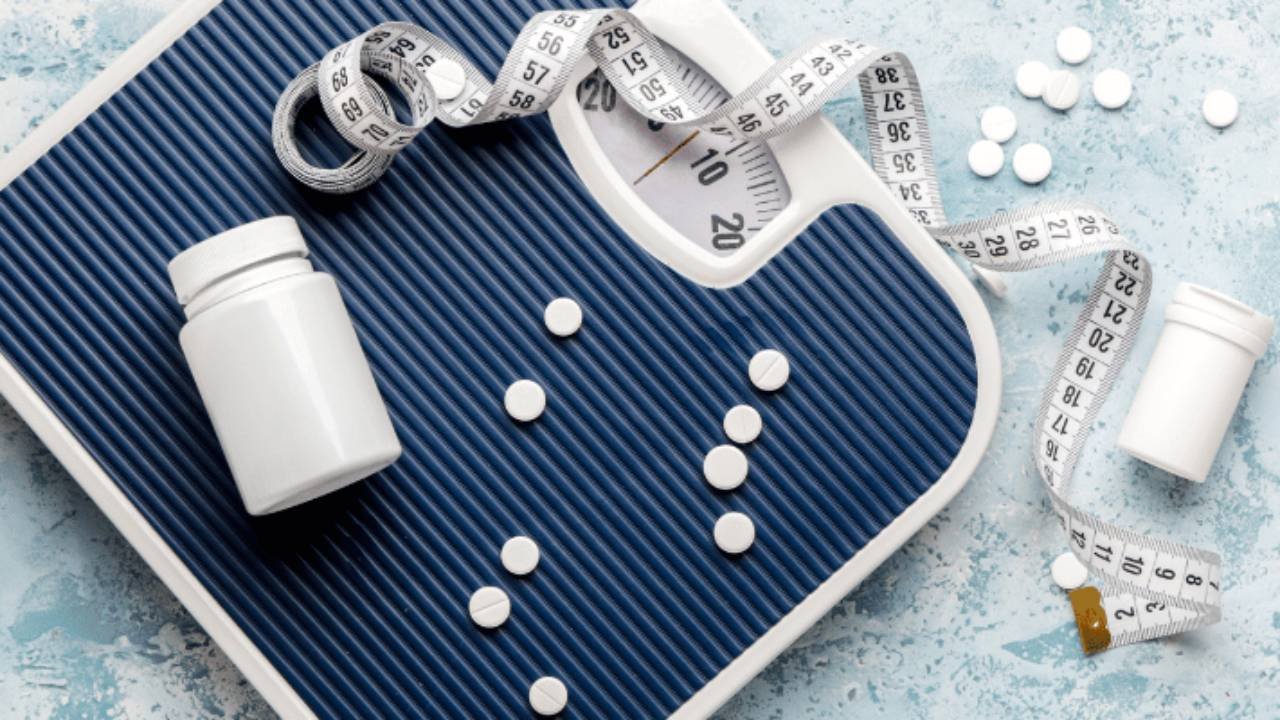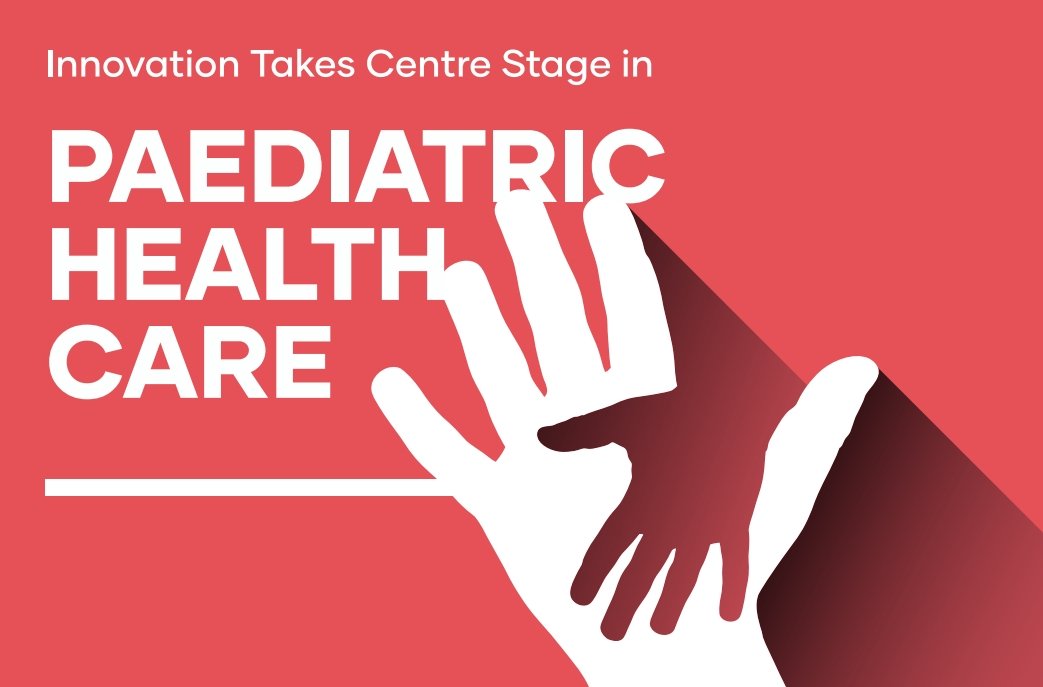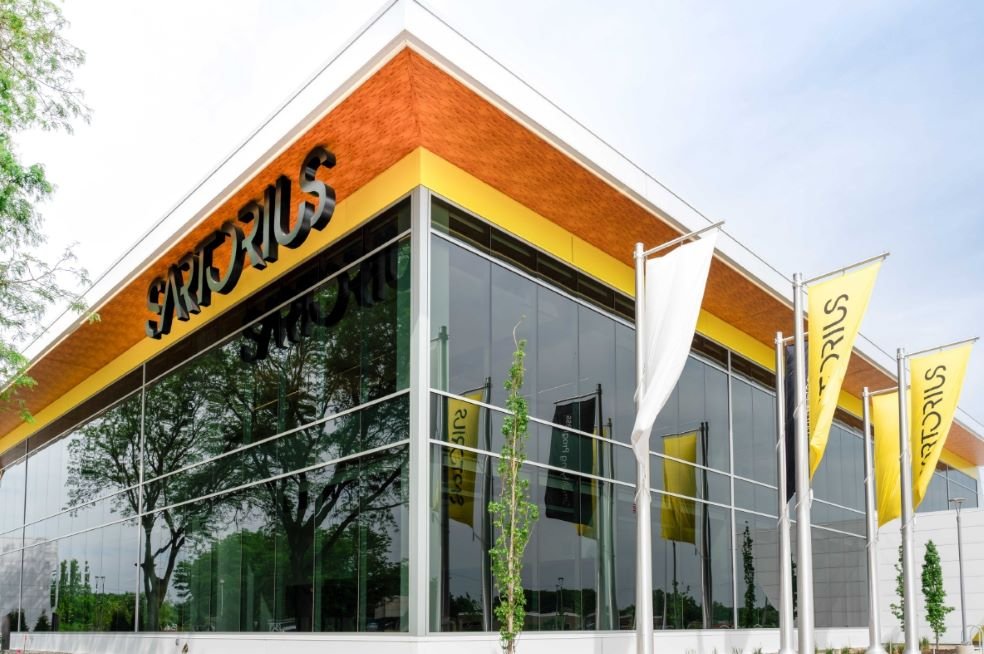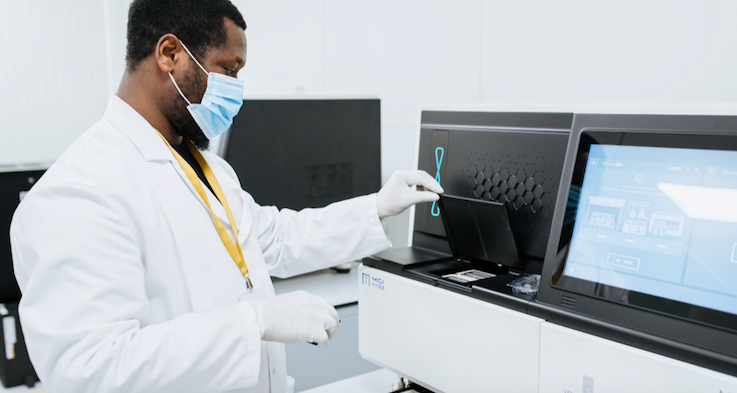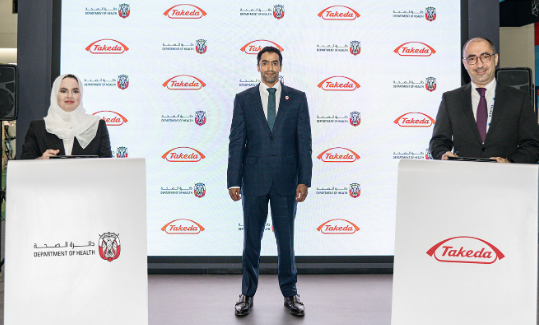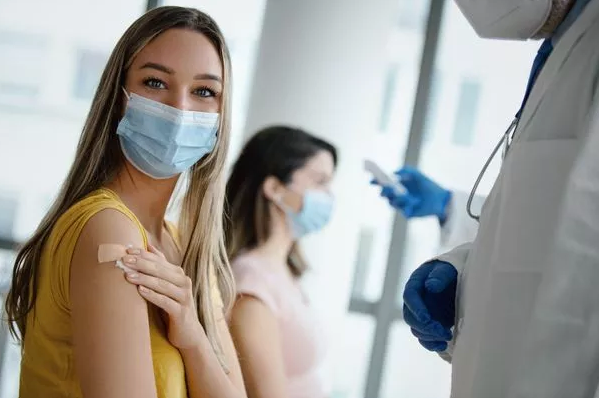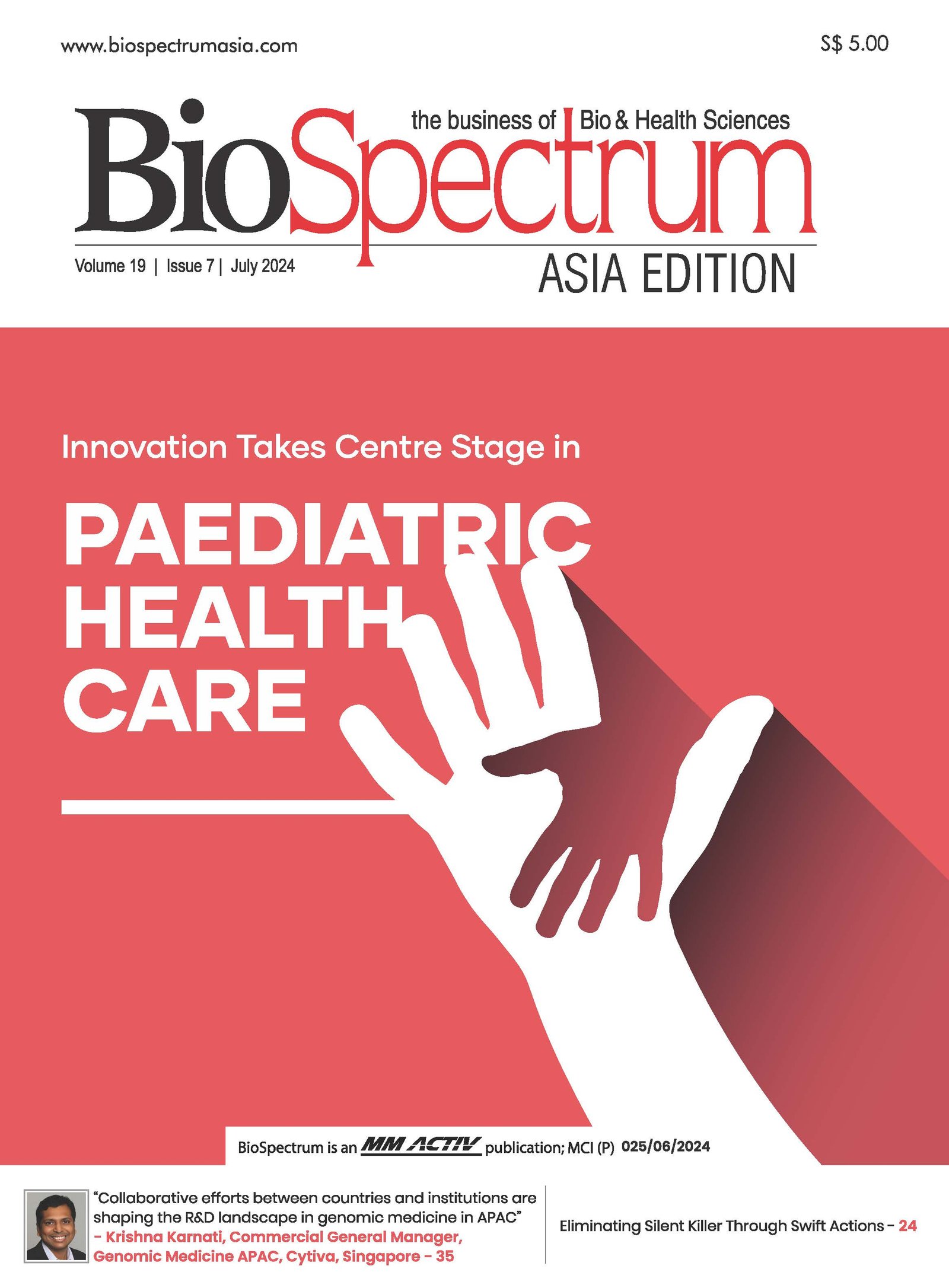Tocomin from palm oil has neuroprotective effects
19 July 2012 | Opinion | By BioSpectrum Bureau
Tocomin derived from palm oil has neuroprotective effects
 Tocomin is a natural full spectrum tocotrienol complex concentrated from crude virgin palm oil (derived from the flesh of oil palm fruit) through a patented extraction process. It contains predominantly tocotrienols (alpha, beta, gamma and delta-tocotrienol) and also other phytonutrients such as tocopherol, plant squalene, phytosterols, co-enzyme Q10 and mixed carotenoids that are naturally extracted together with tocotrienols.
Tocomin is a natural full spectrum tocotrienol complex concentrated from crude virgin palm oil (derived from the flesh of oil palm fruit) through a patented extraction process. It contains predominantly tocotrienols (alpha, beta, gamma and delta-tocotrienol) and also other phytonutrients such as tocopherol, plant squalene, phytosterols, co-enzyme Q10 and mixed carotenoids that are naturally extracted together with tocotrienols.
As with any fat-soluble vitamins or compounds, the oral absorption of tocotrienol is low and erratic. Its absorption also depends on the type and amount of dietary fats that are present. Absorption of tocotrienols can be improved by incorporating a self-emulsifying delivery system such as the SupraBio system (Tocomin SupraBio, a Carotech product). This patented and bioenhanced oral delivery system provides rapid, more consistent and enhanced oral absorption of tocotrienols independent of dietary fat or food intake. Comparative bioavailability study on healthy human volunteers confirmed the efficacy of the SupraBio system, which increased the rate and extent of tocotrienol absorption by an average of 250 percent.
Neuroprotection
There are broadly two types of stroke, ischemic stroke and hemorrhagic stroke. Ischemic stroke is the more common type of stroke, accounting for 87 percent of all stroke events, while hemorrhagic stroke accounts for the remaining 13 percent.
Ischemic stroke is caused by blockage in brain vessels, leading to insufficient blood supply to parts of brain. On the other hand, hemorrhagic stroke is caused by rupturing of blood vessels, leading to bleeding in the brain and is often associated with severe outcomes.
Stroke is the third most common cause of death in the developed countries. About 5.5 million of the global causes of death is due to stroke. The staggering healthcare costs attributed by stroke as-well-as the loss of productivity in stroke patients has created an urgent medical, social and economical situation that demands serious attention.
Are there ways to prevent stroke? High risk patients are advised to quit smoking, increase their level of physical activity, change dietary habits, and closely monitor and control risk factors such as high blood pressure, high cholesterol, and diabetes through medical treatment.
Tocomin SupraBio, which is a patented and bioenhanced natural palm mixed tocotrienol complex, is emerging as a natural form of vitamin E with clinically-proven neuroprotective effects particularly against stroke induced brain cell death and injuries.
The US NIH-funded neuroprotection studies
Professor Chandan Sen of the Ohio State University Medical Center, which is funded by the US National Institute of Health, and his research team first showed that extremely low concentration (at nanomolar, 10-9 level) of alpha-tocotrienol, but not alpha-tocopherol, prevented glutamate-induced brain cell death. Not only does the tocotrienol prevent glutamate toxicity, treatment with alpha-tocotrienol effected complete recovery of neurons even when alpha-tocotrienol was introduced several hours after glutamate challenge (Sen et al, 2000).
Following this crucial finding, a series of studies funded by the NIH continued to establish further unique mechanisms instrumental to the neuroprotective and stroke prevention properties of tocotrienols. Tocomin and Tocomin SupraBio were used in these studies.
The neuroprotection against stroke-induced cell death by tocotrienols can be classified into actions at the cellular and cerebrovascular levels:
1) Neuroprotection at cellular (neuronal) level: Tocotrienol-mediated neuroprotection includes at least three key cytosolic targets: c-Src kinase, 12-lypoxygenase and phospholipase A2 (Sen et al, 2000; Khanna et al, 2005, 2010). Both c-Src kinase and 12-lypoxygenase are capable of triggering a cascade of events that lead to eventual neuronal cell degeneration and death. Tocotrienol was found to reduce c-Src kinase activation and 12-lypoxygenase phosphorylation.
2) Neuroprotection at cerebrovascular level: In ischemic stroke, the primary event stems from a reduction in cerebral blood to a level that cannot sustain neuronal survival. Work with catheter angiography in canine models showed that tocotrienol (Tocomin SupraBio) supplementation enhanced leptomeningeal collateralization, specifically from the anterior cerebral and posterior cerebral arteries to the middle cerebral artery territory. Increasing this secondary source of blood supply reduces the volume of induced middle cerebral artery territory infarcts, as seen in animal stroke models on MRI.
This is further explained and supported by a subsequent study, which shows increased expression of arteriogenic genes with tocotrienol supplementation, including gene expression of chloride intracellular channel 1 and TIMP1. Perhaps more importantly, the study also shows that the increased gene expression occurred not only on the induced stroke site but also normal brain tissue (Rink and others, 2011).
Tocotrienol acts in a double-pronged manner in reducing stroke volume. It improved blood supply to ischemic brain tissue by increasing leptomeningeal collaterisation and also prevented cell death at a neuronal level via inhibition of important neurotoxic pathways.
Clinical trial-proven neuroprotection in human
In a recently completed randomized, double-blind, placebo-controlled clinical trial, conducted at the school of pharmaceutical sciences, University of Science, Malaysia, human volunteers with white matter lesions were recruited and given either mixed-tocotrienols like Tocovid SupraBio (Hovid) containing Tocomin SupraBio (Carotech) at 400 mg/day or placebo capsules for two years. Researchers used magnetic resonance imaging (MRI) in order to compare white matter lesions volume in volunteers. White matter lesions are subclinical brain damage strongly associated with established cardiovascular risk factors and is an independent risk factor for stroke.
Preliminary results of the clinical study are very encouraging. The average volume of white matter lesions is substantially smaller in the treated versus placebo group. This is to date the largest clinical trial on tocotrienols and the full results are due to be published soon.
Trial proving tocotrienol bioavailability, distribution to vital organs
In one of the latest published human studies (Patel and others, 2012), researchers from the Ohio State University Medical Center show that tocotrienols from Tocomin SupraBio (Carotech) are well absorbed and distributed to vital human tissues and organs including skin, adipose, brain, heart and liver, even with the presence of alpha-tocopherol. This is the first ever tissue distribution study with tocotrienols on humans and thereby unequivocally dispelling claims that tocopherol inhibits the absorption of tocotrienols. More importantly, tocotrienols were transported to human brain at a concentration reported to be neuroprotective.
Tocomin SupraBio- A potent natural neuroprotective agent
The outlook for Tocomin SupraBio as a natural dietary supplement addressing neuronal health is bright. The market potential for such a product is huge and remains untapped. There is increasing public awareness that stroke risks can be reduced through changing lifestyle, dietary habits, and the use of scientifically-proved nutritional supplements. Consumers are also seeking out natural compounds in an effort to avoid any unwanted side effects often associated with synthetic drugs.
The applications are widespread, ranging from aging to other neurodegenerative disorders, and represent a sizeable fraction of all health problems taken together. Tocotrienol content in our diet is trace at best.
Natural palm mixed tocotrienol complex shows promising neuroprotective and hypocholesterolemic properties. As such, it is potentially a useful agent for people at risk of ischemic stroke including patients with transient ischemic attack (TIA) or mini-stroke. These findings have set the stage for a large scale "nutrition" trial, which is the also the acronym for Natural Tocotrienol Against Ischemic Stroke Event.
Tocomin SupraBio, which is a patented and bioenhanced natural full spectrum palm tocotrienol complex, is well positioned to emerge as the most potent neuroprotective form of natural vitamin E. This further strengthens the case for Tocomin SupraBio tocotrienol supplementation for brain health and brain protection especially among baby boomers and the senior population.


